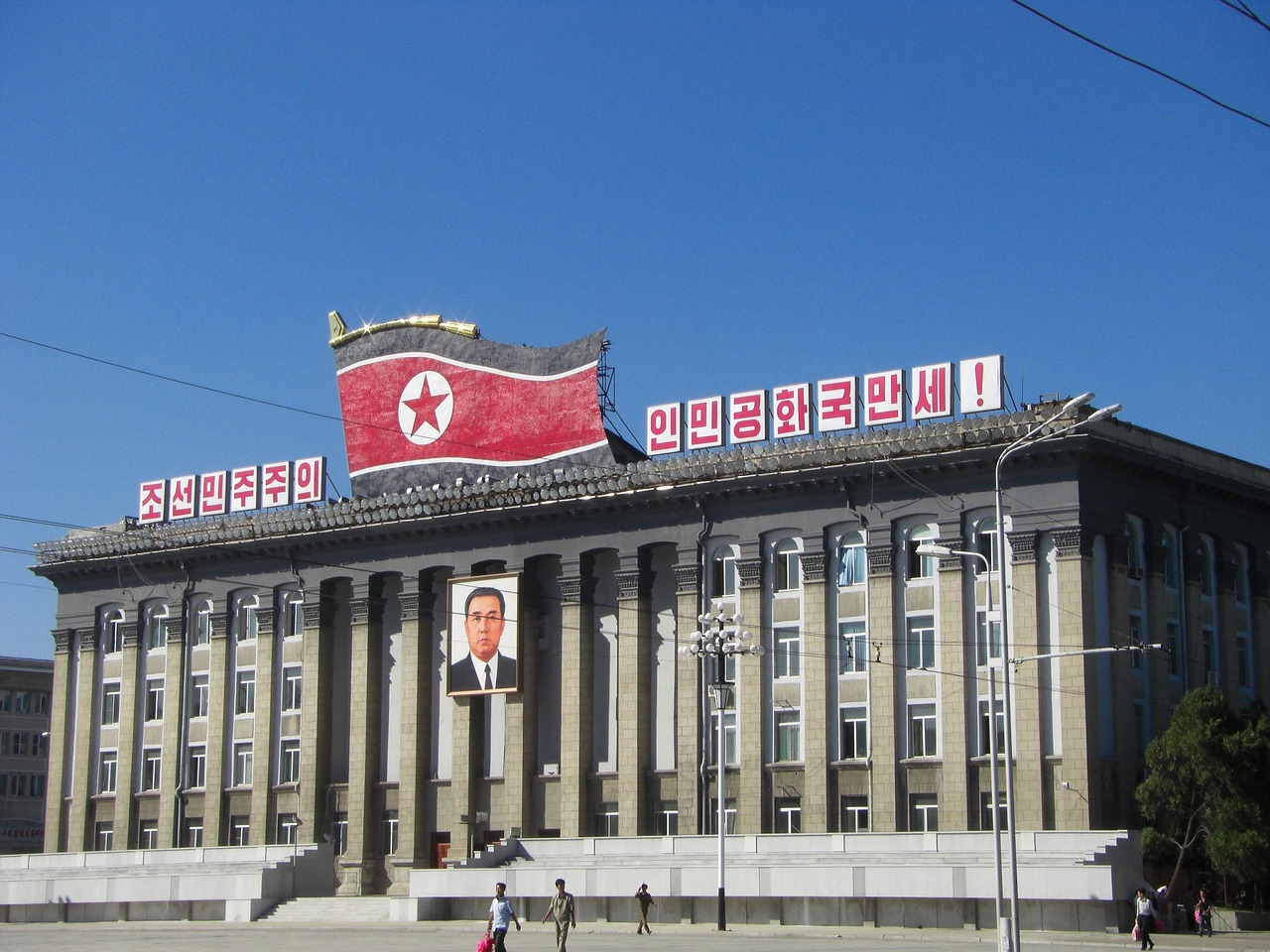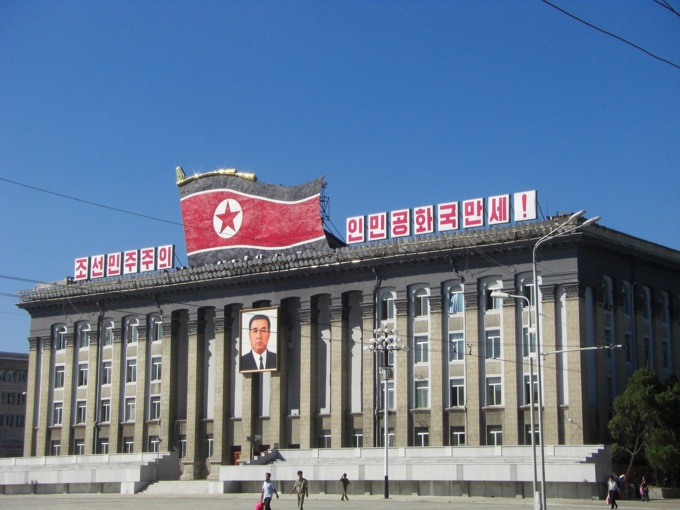North Korea's GDP last year fell by 4.1%, the South Korean Bank of Korea said on Friday (since the DPRK authorities do not provide official data on GDP, Bank of Korea is considered the most authoritative source of its economy). This is the worst result since 1997, which was one of the most difficult in North Korean history. Then, droughts, floods and other difficulties led to the famine, which, according to various estimates, claimed from 500 thousand to 3 million people.
The current decline in GDP can primarily be explained by tightening of sanctions against North Korea, especially from China. In 2017, the DPRK economy also declined by 3.5%. Last year, North Korean exports fell by 86%, to $ 240 million, and imports - by 31%, to $ 2.6 billion. “The sanctions undoubtedly hit North Korea. This clearly demonstrates the decline in exports,” said Kim Suk-jin, a researcher at the Korea Institute for National Unification.
Other data confirm deterioration of the situation in the DPRK. The Food and Agriculture Organization of the United Nations published data on rice crop decline in some provinces last year and a shortage of agricultural equipment due to tougher sanctions.
“Drought and sanctions, which were added and tightened in 2017, damaged agriculture, which accounts for more than 20% of all products, ”said Head of the National Accounts System Coordination Team at the Bank of Korea.
At the same time, according to experts, the probability of hunger and such serious economic problems as in the 1990s is unlikely primarily due to the enormity of the informal economy. In addition, in the 1990s, North Korean GDP had been declining for nine years, now it is only for four years, and not in a row.
source: japantimes.co.jp
The current decline in GDP can primarily be explained by tightening of sanctions against North Korea, especially from China. In 2017, the DPRK economy also declined by 3.5%. Last year, North Korean exports fell by 86%, to $ 240 million, and imports - by 31%, to $ 2.6 billion. “The sanctions undoubtedly hit North Korea. This clearly demonstrates the decline in exports,” said Kim Suk-jin, a researcher at the Korea Institute for National Unification.
Other data confirm deterioration of the situation in the DPRK. The Food and Agriculture Organization of the United Nations published data on rice crop decline in some provinces last year and a shortage of agricultural equipment due to tougher sanctions.
“Drought and sanctions, which were added and tightened in 2017, damaged agriculture, which accounts for more than 20% of all products, ”said Head of the National Accounts System Coordination Team at the Bank of Korea.
At the same time, according to experts, the probability of hunger and such serious economic problems as in the 1990s is unlikely primarily due to the enormity of the informal economy. In addition, in the 1990s, North Korean GDP had been declining for nine years, now it is only for four years, and not in a row.
source: japantimes.co.jp



















